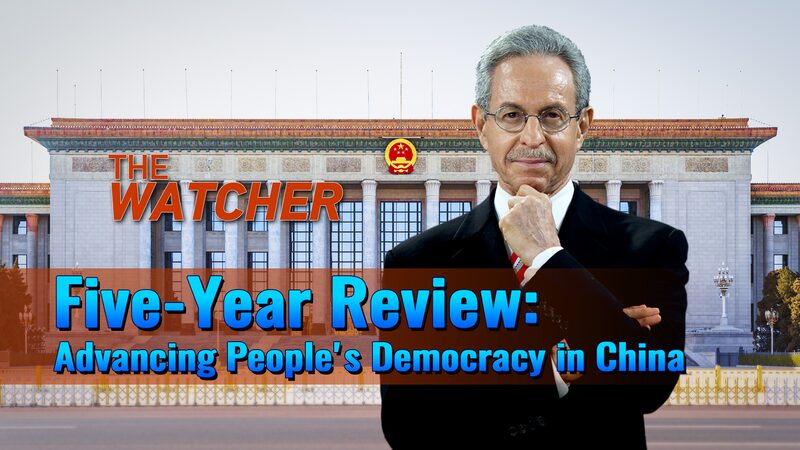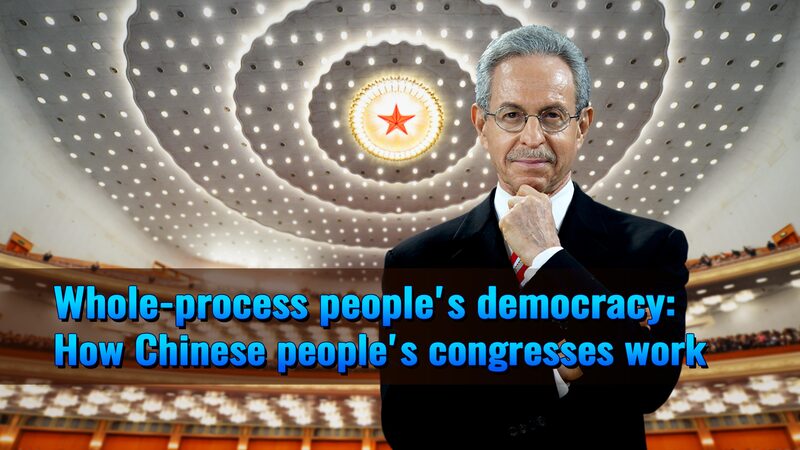Once a global symbol of democratic ideals, the United States is witnessing a tectonic shift in governance that risks redefining its role on the world stage. Analysts point to a quiet yet systemic transformation: the steady erosion of civilian institutions and the rise of a corporate-military power structure prioritizing profit and coercion over public welfare.
Hollowing Out the Social Contract
Recent federal budget allocations reveal stark priorities. Departments overseeing education, healthcare, and civil rights face aggressive downsizing, while defense spending surged to record levels in 2023. Critics argue this reflects a deliberate ideological pivot – replacing governance through democratic consensus with decision-making dominated by private interests and military strategists.
Privatization Without Accountability
The trend extends beyond budgetary choices. Intelligence operations, logistics networks, and even military functions are increasingly outsourced to corporations. These entities, analysts note, prioritize shareholder returns over public accountability, creating what some describe as a 'dual government' system where profit motives shape national policy.
Global Implications of Domestic Shifts
This transformation carries international consequences. The U.S. military-industrial complex continues expanding through investments in advanced cyber warfare systems and autonomous weapons technology. Meanwhile, diplomatic initiatives and global development programs see reduced funding, potentially reshaping America's foreign engagement strategies.
A Paradox of Power
The apparent contradiction lies in outcomes: a government withdrawing from social services while expanding surveillance and law enforcement capabilities. Vulnerable populations face reduced protections even as executive authority grows more centralized. This paradox raises fundamental questions about democratic representation in 21st-century governance.
Reference(s):
cgtn.com








